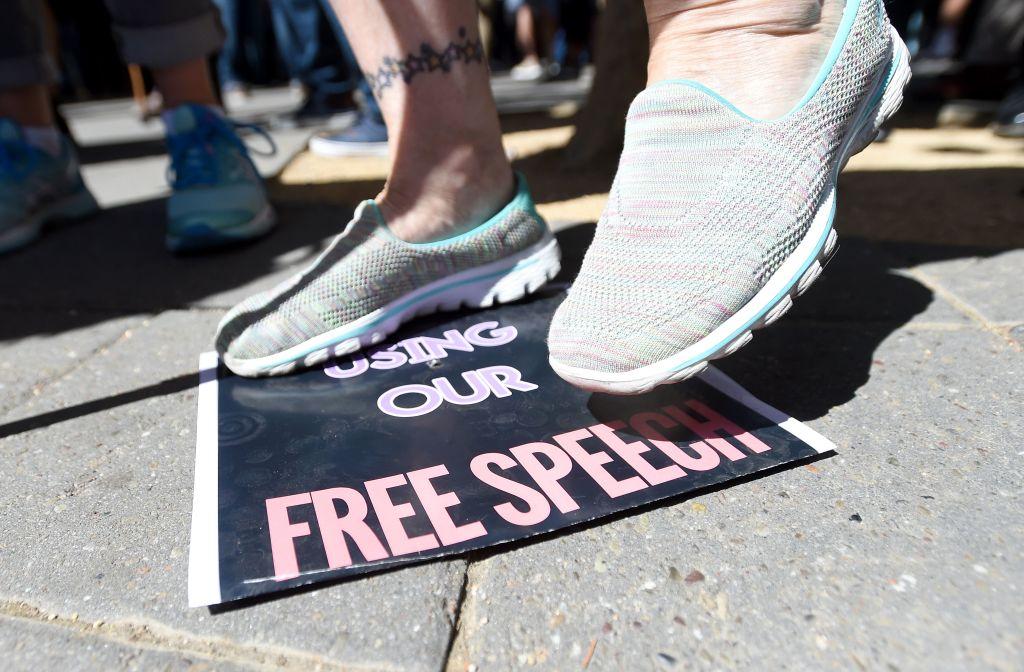Commentary
People make mistakes. They say things that are poorly worded and wrong and stupid. But whether it’s a slip of the tongue or a genuinely repugnant belief, the rest of us have to ask, “Do we believe in free speech or not?”

People make mistakes. They say things that are poorly worded and wrong and stupid. But whether it’s a slip of the tongue or a genuinely repugnant belief, the rest of us have to ask, “Do we believe in free speech or not?”